Today’s readings
Considering all that we have been through since Lent began, it seems in some ways like time has stood still. I saw a meme on Facebook that said “2020 is a unique leap year. It had 29 days in February, 300 days in March, and 5 years in April.” Sheltered in place, and fearing a mysterious illness, it seems like time is standing still. When you can’t do what you usually do, it’s easy to perceive time that way.
We English-speakers have just one word for time, but other languages have more; those languages recognize the different kinds of time. Most notably for us, because it is reflected in the New Testament, the Greek language has at least two kinds of time: chronos and kairos. Chronos is the kind of time you can measure. It’s a day or a week or even the timeline of a project at work. Kairos on the other hand can be thought of as quality time: a summer afternoon spent with your family, a visit to a sick loved one, or a chance encounter with an old friend.
El mundo a veces ve al tiempo de una manera bastante cínica. Pero así es como Dios ve el tiempo: “Cristo ayer y hoy, el principio y el fin, el Alfa y la Omega, todo el tiempo le pertenece a él, y toda la eternidad, para él sea la gloria y el poder por los siglos de los siglos. Amén.” Esas palabras, de la bendición de la vela al comienzo de la liturgia de esta noche, son palabras importantes, incluso valientes para que ofrezcamos en esta noche santísima. La vigilia de esta noche proclama que todo tiempo es santo, santificado por nuestro Dios que ha caminado con nosotros durante nuestros días de ayer, permanece con nosotros hoy y continuará con nosotros en nuestro mañana. No hay un solo momento de nuestra vida, ni un solo momento de nuestra historia que no sea sagrado porque cada momento ha sido, es, y siempre estará lleno de la presencia de nuestro Dios, que es la santidad misma. Es por eso que nos reunimos a celebrar en esta noche santísima.
It’s important to keep these kinds of time in mind because the world sometimes sees time in a rather cynical way. But here’s how God sees time: “Christ yesterday and today, the beginning and the end, the Alpha and the Omega, all time belongs to him, and all the ages, to him be glory and power through every age and for ever. Amen.” Those words, from the blessing of the candle at the beginning of tonight’s liturgy, are important, even brave words for us to offer on this most holy night. Tonight’s vigil proclaims that all time is holy, sanctified by our God who has walked with us through our yesterdays, remains with us today, and forges on with us toward our tomorrows. There is not a single moment of our life, not a single moment of our history that is not holy because every moment has been, is now, and always will be imbued with the presence of our God who is holiness itself. That’s what we gather to celebrate on this most holy night.
I think there is often a temptation to come to the conclusion that the world, and especially human history, was a creative experiment that went horribly wrong; that God sent his Son to clean up the mess only to have him killed for it, and then in a last move of desperation raised him up out of the grave. But we know that’s not how this works: again, this is cynicism and it has no basis in truth. Salvation was not some kind of dumb luck or happy accident. The salvation of the world had been part of God’s creative plan all along. Humanity, given the grace of free will had, and has, certainly gone astray. But God did not create us simply to follow our own devices and end up in hell. He created us for himself, and so sent his Son Jesus to walk our walk, to die our death, and to rise up over it all in the everlasting promise of eternal life. That’s what we celebrate on this most holy of all nights.
Tonight we have heard stories of our salvation, God’s saving action in the world throughout all time. Each of our readings has been a stop in the history of God’s love for us. God’s plan for salvation, and his sanctification of time, began back at the beginning of it all. Each of the days was hallowed with precious creation, and all of it was created and pronounced good. Later, as Moses and the Israelites stood trapped by the waters of the Red Sea, God’s providence made a way for them and cut off their pursuers, making the future safe for those God calls his own. The prophet Ezekiel foretells the recreation all humanity will experience as they come to know Christ and are filled with the Spirit. St. Paul rejoices in the baptism that has washed away the stains of sin as we have died and risen with Christ, and has brought us into a new life that leads ultimately to God’s kingdom. And finally, our Gospel tonight tells us not to be afraid, to go forth into the Galilee of our future and expect to see the Lord.
We Christians have been spared the necessity of cynicism. Our gift has been and always is the promise that Jesus Christ is with us forever, even until the end of the world. And so, just as God sanctified all of time through his interventions of salvation, so too he has sanctified our lives through the interventions of Sacrament. We are a sacramental people, purified and reborn in baptism, fed and strengthened in the Eucharist, and in Confirmation, set on fire to burn brightly and light up our world. Tonight we recall these three Sacraments of Initiation and recommit ourselves to the promises of our baptism, and long for the day when all can be fed together by the Eucharist once again.
Creo que Dios está haciendo algo importante en este momento en particular. Hay suficiente tristeza en este momento como para durarnos toda la vida. Pero si nos enfocamos en esa tristeza, podemos perdernos de lo que Dios está haciendo entre nosotros. En estos días, me ha llamado especialmente la atención la invitación a detenerme y reflexionar sobre lo que es realmente importante. ¿Dónde quiero estar cuando todo esto termine? ¿Cómo es mi relación con el Señor, con mi familia, mis hermanos sacerdotes, mis seminaristas, mis compañeros de trabajo, mis feligreses? ¿Cómo se verá todo eso cuando todo esto termine? Mucho de eso depende de mí. Si me mantengo saludable, tendré la oportunidad de comenzar de nuevo, para hacer un mejor uso de mi tiempo de tal manera que eleve mis acciones de una manera acertada. Y el momento de comenzar a pensar en eso, reflexionar sobre eso, es ahora. En esta noche santísima, Cristo nos ha llevado a la plenitud de la hora gloriosa, cuando se levantó sobre el pecado y la muerte, para llevarnos a todos a la promesa de la vida eterna. Eso tiene que significar algo para nosotros.
I believe that God is doing something important with this particular time. There is enough sadness going around right now to last us our entire lives long. But if we focus on that sadness, we might miss what God is doing among us. In these days, I’ve been particularly struck by an invitation to stop and reflect on what is really important. Where do I want to be when all this is over? How is my relationship with the Lord, with my family, my brother priests, my seminarians, my coworkers, my parishioners – how is all of that going to look when all this is over? A lot of that is up to me. If I remain healthy, I’m going to have the opportunity to start again, to make better use of my chronos in such a way that it elevates my kairos. And the time to start thinking about that, reflecting on that, is right now. On this most holy night, Christ has brought us to the fullness of the glorious hour when he rose up over sin and death to bring us all to the promise of life eternal. That needs to mean something for us.
And it is this very night that cleanses our world from all the stains of sin and death and lights up the darkness. The Exsultet, the Easter Proclamation that Deacon Ramon sang when we entered the sanctuary tonight, tells us: “This is the night of which it is written: The night shall be as bright as day, dazzling is the night for me, and full of gladness. The sanctifying power of this night dispels wickedness, washes faults away, restores innocence to the fallen, and joy to mourners, drives out hatred, fosters concord, and brings down the mighty.” What a gift this night is, not just to us gathered here, albeit virtually, in this church; not just to all the Catholics gathered together throughout the world on this holy night, but to all people in every time and place. Our world needs the light and our time needs the presence of Christ, and our history needs salvation. Blessed be God who never leaves his people without the great hope of his abiding presence!
And so, having come through this hour to be sanctified in this vigil, we will shortly be sent forth to help sanctify our own time and place. Brightened by our kairos together tonight, we now become a flame to light up our darkened world. That is our ministry in the world. That is our call as believers. That is our vocation as disciples.
Y así, después de pasar esta hora de ser santificados en esta vigilia, pronto seremos enviados para ayudar a santificar nuestro propio tiempo y lugar. Animados por los tiempos perfectos de Dios, juntos esta noche, ahora nos convertimos en una llama para iluminar nuestro mundo oscuro. Ese es nuestro ministerio en el mundo. Ese es nuestro llamado como creyentes. Esa es nuestra vocación como discípulos.
“May this flame be found still burning by the Morning Star. The one Morning Star who never sets, Christ your Son, who coming back from death’s domain, has shed his peaceful light on humanity, and lives and reigns forever and ever. Amen.”
¡Cristo ha resucitado! ¡Él ha resucitado! ¡Aleluya!
Christ is risen! He is risen indeed! Alleluia!
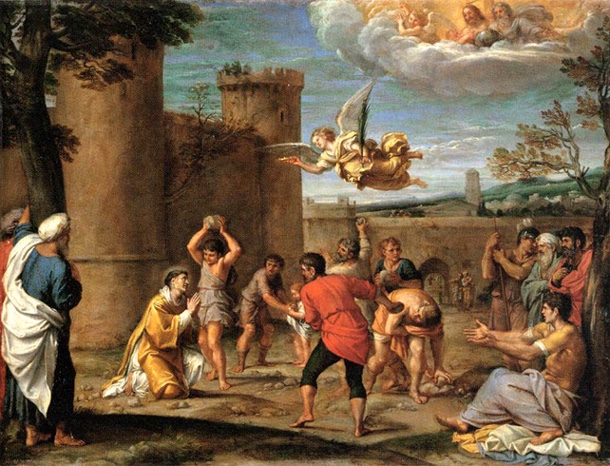
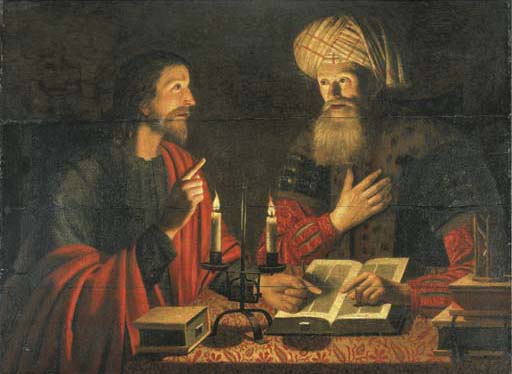
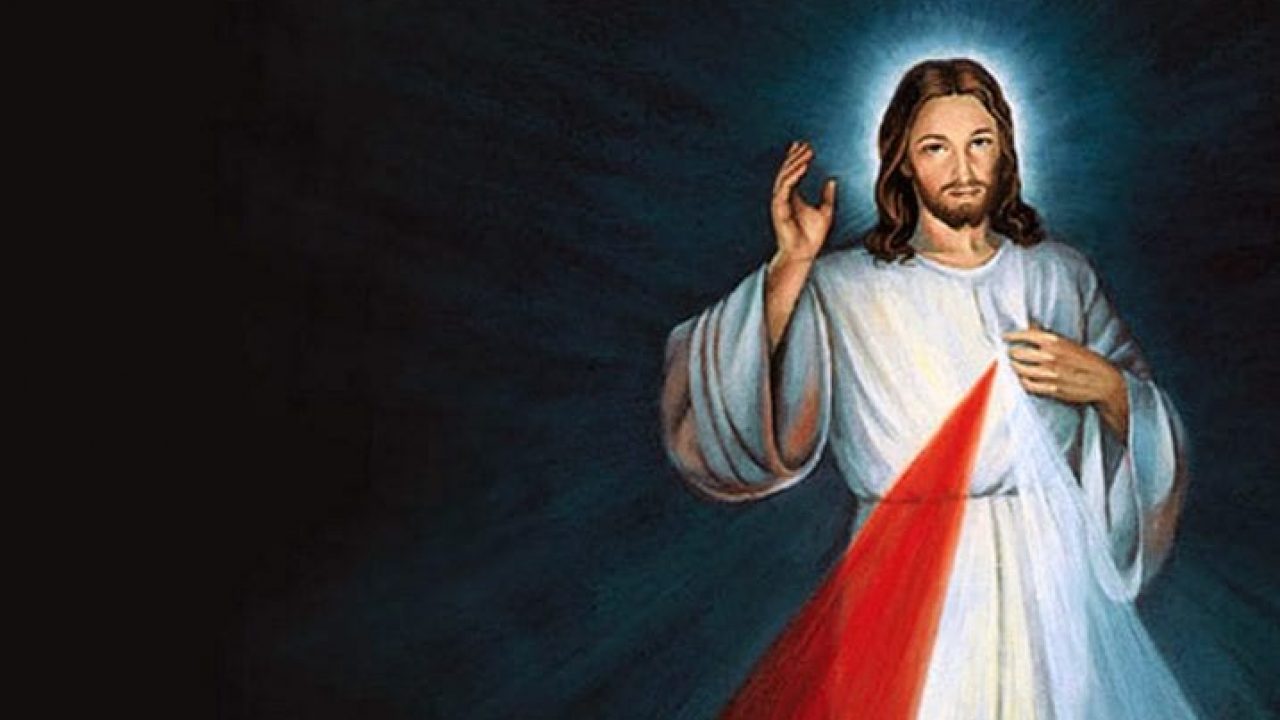
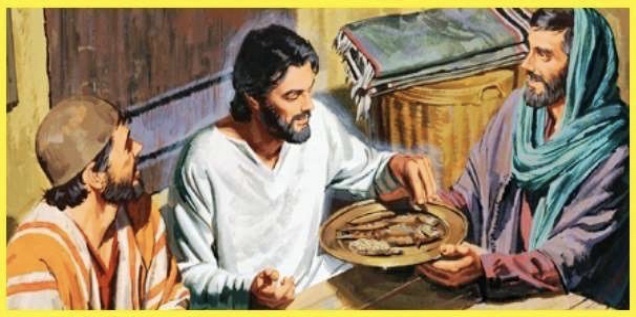
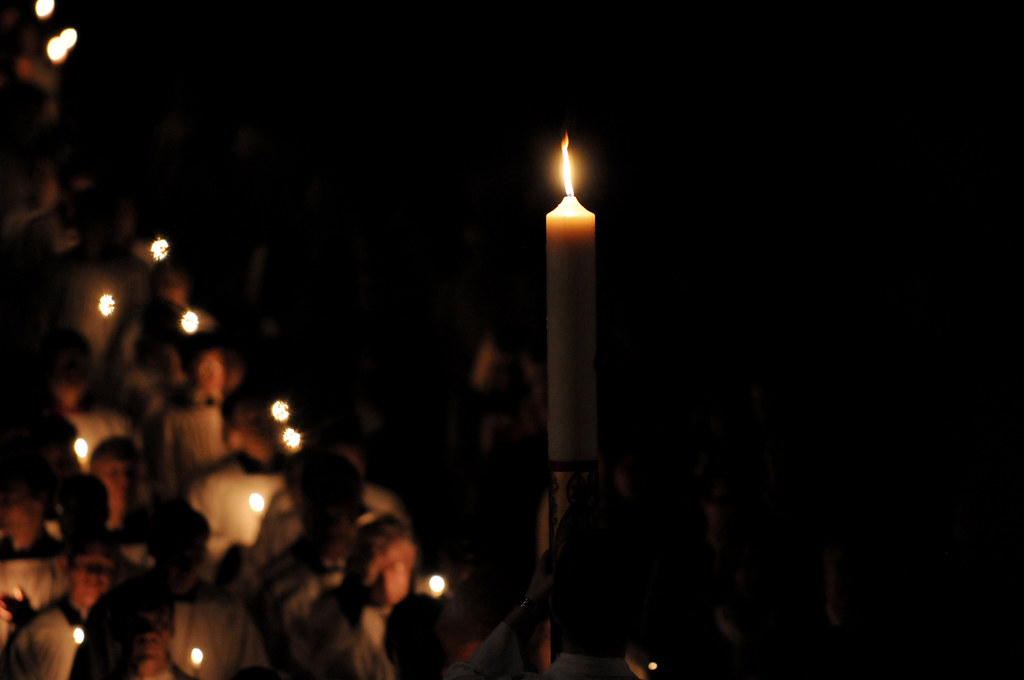

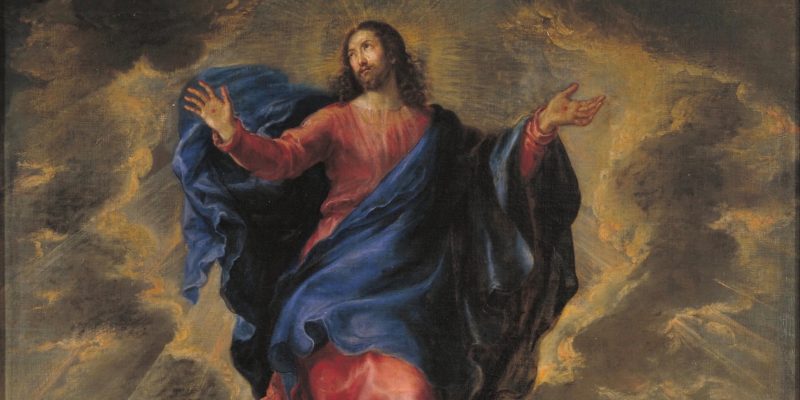


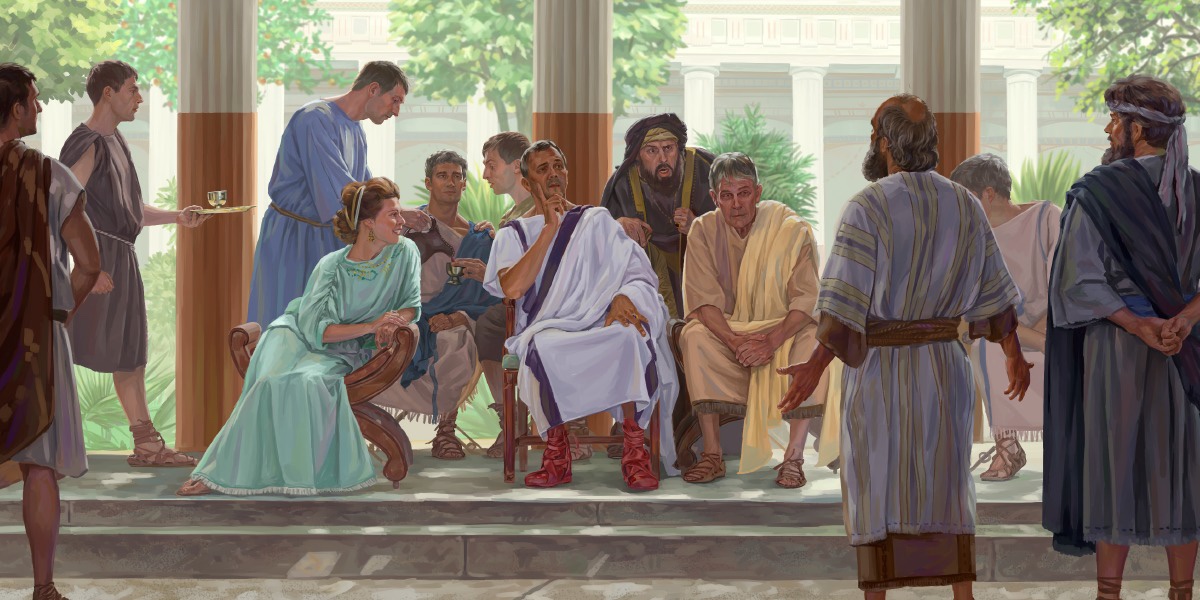
You must be logged in to post a comment.